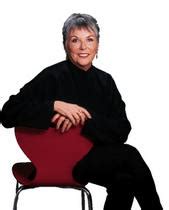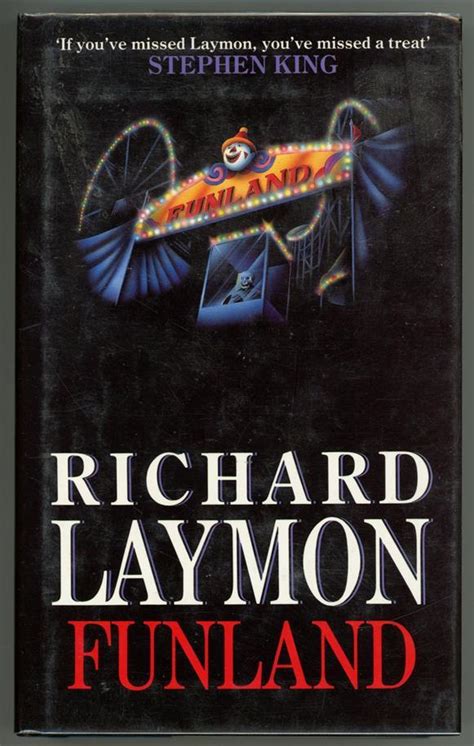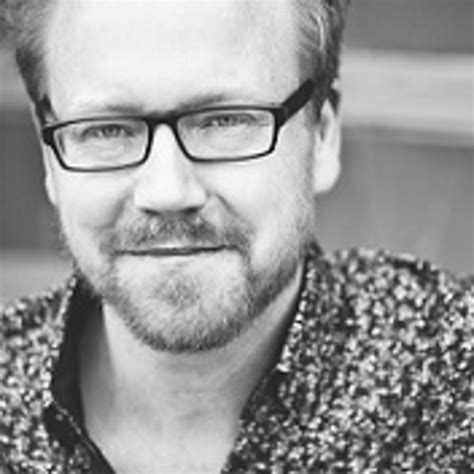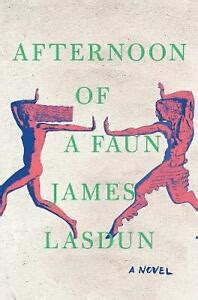A Quote by Jonathan Franzen
Fiction that isn't an author's personal adventure into the frightening or the unknown isn't worth writing for anything but money.
Related Quotes
Reality has no security and that is its beauty. Life has no security and that is its beauty. Because there is no security, there is adventure. Because the future is unknown, nobody knows what is going to happen the next moment. That's why there is challenge, growth, adventure. If you miss adventure, you miss all. If your life is not that of an adventure, of a search into the unknown, then you are living in vain.
I think that I had read so much fiction that the craft itself sort of sank into me. I didn't read any 'how to' books or attend any popular-fiction-writing classes or have a critique group. For many years into my writing, I didn't even know another author. For me, a lot of reading was the best teacher.
Whenever I finish a book, I go off and have some kind of adventure. Having had an adventure in my writing chair or on my writing sofa, an internal adventure, then I need to balance that off with an external adventure, so I'll go tramping through Africa or whitewater rafting or float to Hawaii in a martini shaker or something.
Maybe I'm perverse, but the question of "rooting" for a character, or setting out to write a character for whom other people will root, has never had anything to do with why I read or write fiction. As long as the writing and story remain alive, intense, invigorating, provoking, the characters can be as demonic or saintly as the author wants.



































